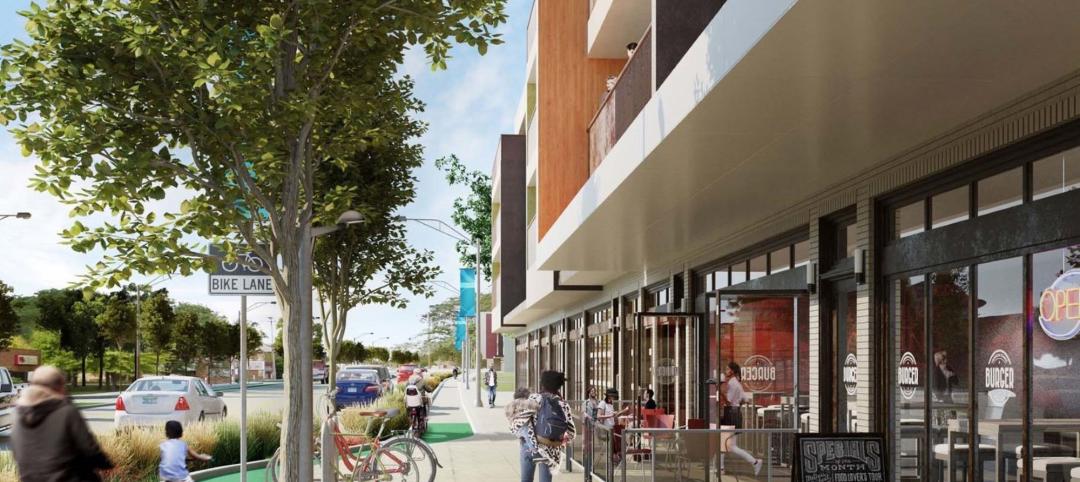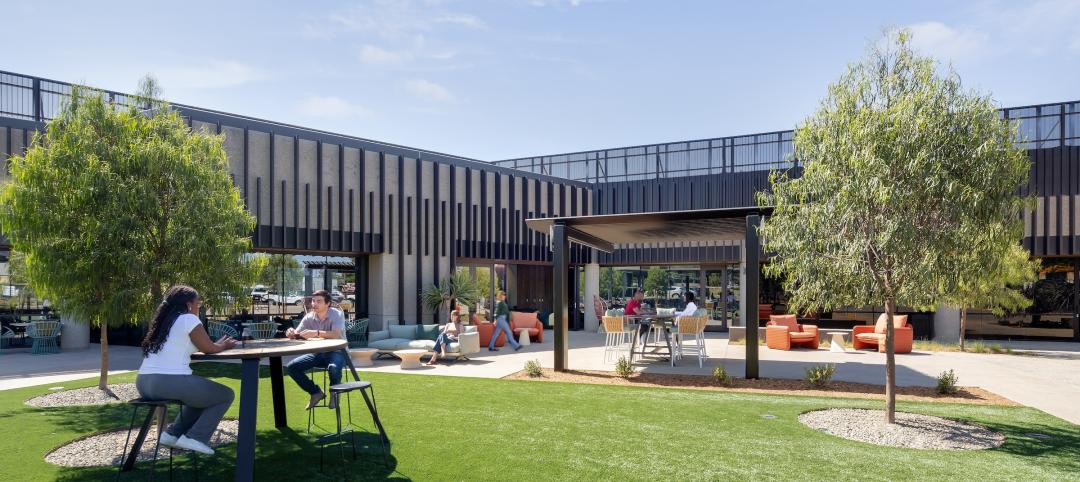Analysis of Stimulus Data Shows Program Delivering More Construction Jobs than Initially Estimated, Helping Boost Transportation Spending, Contractors Group Notes
Stimulus funded infrastructure projects are saving and creating more direct construction jobs than initially estimated, according to a new analysis of federal data released today by the Associated General Contractors of America. The analysis also found that more contractors are likely to perform stimulus funded work this year as work starts on many of the non-transportation projects funded in the initial package.
"The stimulus is one of the very few bright spots the construction industry experienced last year and is one of the few hopes keeping it going in 2010," said Ken Simonson, the association's chief economist. "The stimulus is saving construction jobs, driving demand for new equipment and delivering better and more efficient infrastructure for our economy."
Simonson noted that new federal reports show the $20.6 billion dollars worth of stimulus highway projects initiated over the past twelve months have saved or created nearly 280,000 direct construction jobs. That amounts to 15,000 jobs per billion dollars invested, well above pre-stimulus estimates that every billion invested in infrastructure projects would create 9,700 direct construction jobs.
The economist added that heavy and civil engineering construction employment was stable last month even as total construction employment declined by 75,000. Meanwhile, highway and road construction was one of the only areas to see an increase in spending last year even as total construction spending fell by $100 billion. The two figures are a clear sign the stimulus is having a significant, and stabilizing, impact on the industry, Simonson noted.
Simonson cited examples like Pittsburgh's Golden Triangle Construction Co as an indication of the benefits of investing in infrastructure. The company is hiring two new engineers and over 100 employees this spring just to perform $24 million worth of stimulus-funded projects this year.
It also is ordering new construction equipment to perform the work from Ripon, California-based Guntert and Zimmerman. As a result, the equipment maker saved 40 jobs on its assembly line. And thanks to its stimulus work, Golden Triangle decided to complete construction of its delayed headquarters, providing even more local construction jobs.
Simonson cautioned however that overall declines in construction activity have, and likely will continue to overshadow the benefits of the stimulus. "The stimulus will keep a bad situation from deteriorating further," Simonson said. "That may not make for great headlines, but it is welcome news for construction workers anxious to continue receiving paychecks."
Related Stories
MFPRO+ New Projects | Oct 30, 2024
BIG’s One High Line finally reaches completion in New York City’s West Chelsea neighborhood
One High Line, a luxury residential project spanning a full city block in New York’s West Chelsea neighborhood, reached completion this summer following years of delays related to investor lawsuits.
Urban Planning | Oct 30, 2024
Bridging the gap: How early architect involvement can revolutionize a city’s capital improvement plans
Capital Improvement Plans (CIPs) typically span three to five years and outline future city projects and their costs. While they set the stage, the design and construction of these projects often extend beyond the CIP window, leading to a disconnect between the initial budget and evolving project scope. This can result in financial shortfalls, forcing cities to cut back on critical project features.
MFPRO+ New Projects | Oct 30, 2024
Luxury waterfront tower in Brooklyn features East River and Manhattan skyline views
Leasing recently began for The Dupont, a 41-story luxury rental property along the Brooklyn, N.Y., waterfront. Located within the 22-acre Greenpoint Landing, where it overlooks the newly constructed Newtown Barge Park, the high-rise features East River and Manhattan skyline views along with 20,000 sf of indoor and outdoor communal space.
Libraries | Oct 30, 2024
Reasons to reinvent the Midcentury academic library
DLR Group's Interior Design Leader Gretchen Holy, Assoc. IIDA, shares the idea that a designer's responsibility to embrace a library’s history, respect its past, and create an environment that will serve student populations for the next 100 years.
Resiliency | Oct 29, 2024
Climate change degrades buildings slowly but steadily
While natural disasters such as hurricanes and wildfires can destroy buildings in minutes, other factors exacerbated by climate change degrade buildings more slowly but still cause costly damage.
Office Buildings | Oct 29, 2024
Editorial call for Office Building project case studies
BD+C editors are looking to feature a roundup of office building projects for 2024, including office-to-residential conversions. Deadline for submission: December 6, 2024.
Healthcare Facilities | Oct 28, 2024
New surgical tower is largest addition to UNC Health campus in Chapel Hill
Construction on UNC Health’s North Carolina Surgical Hospital, the largest addition to the Chapel Hill campus since it was built in 1952, was recently completed. The seven-story, 375,000-sf structure houses 26 operating rooms, four of which are hybrid size to accommodate additional equipment and technology for newly developed procedures.
Multifamily Housing | Oct 28, 2024
A case for mid-rise: How multifamily housing can reshape our cities
Often referred to as “five-over-ones,” the mid-rise apartment type is typically comprised of five stories of apartments on top of a concrete “podium” of ground-floor retail. The main criticism of the “five-over-one” is that they are often too predictable.
Sports and Recreational Facilities | Oct 24, 2024
Stadium renovation plans unveiled for Boston’s National Women’s Soccer League
A city-owned 75-year-old stadium in Boston’s historic Franklin Park will be renovated for a new National Women’s Soccer League team. The park, designed by Fredrick Law Olmsted in the 1880s, is the home of White Stadium, which was built in 1949 and has since fallen into disrepair.
Laboratories | Oct 23, 2024
From sterile to stimulating: The rise of community-centric life sciences campuses
To distinguish their life sciences campuses, developers are partnering with architectural and design firms to reimagine life sciences facilities as vibrant, welcoming destinations. By emphasizing four key elements—wellness, collaboration, biophilic design, and community integration—they are setting their properties apart.
















